Apple TV 4K could become a must buy in 2024 — and the inspiration for how it could work is hiding in plain sight with iPad
What could a new Apple TV entail in 2024?
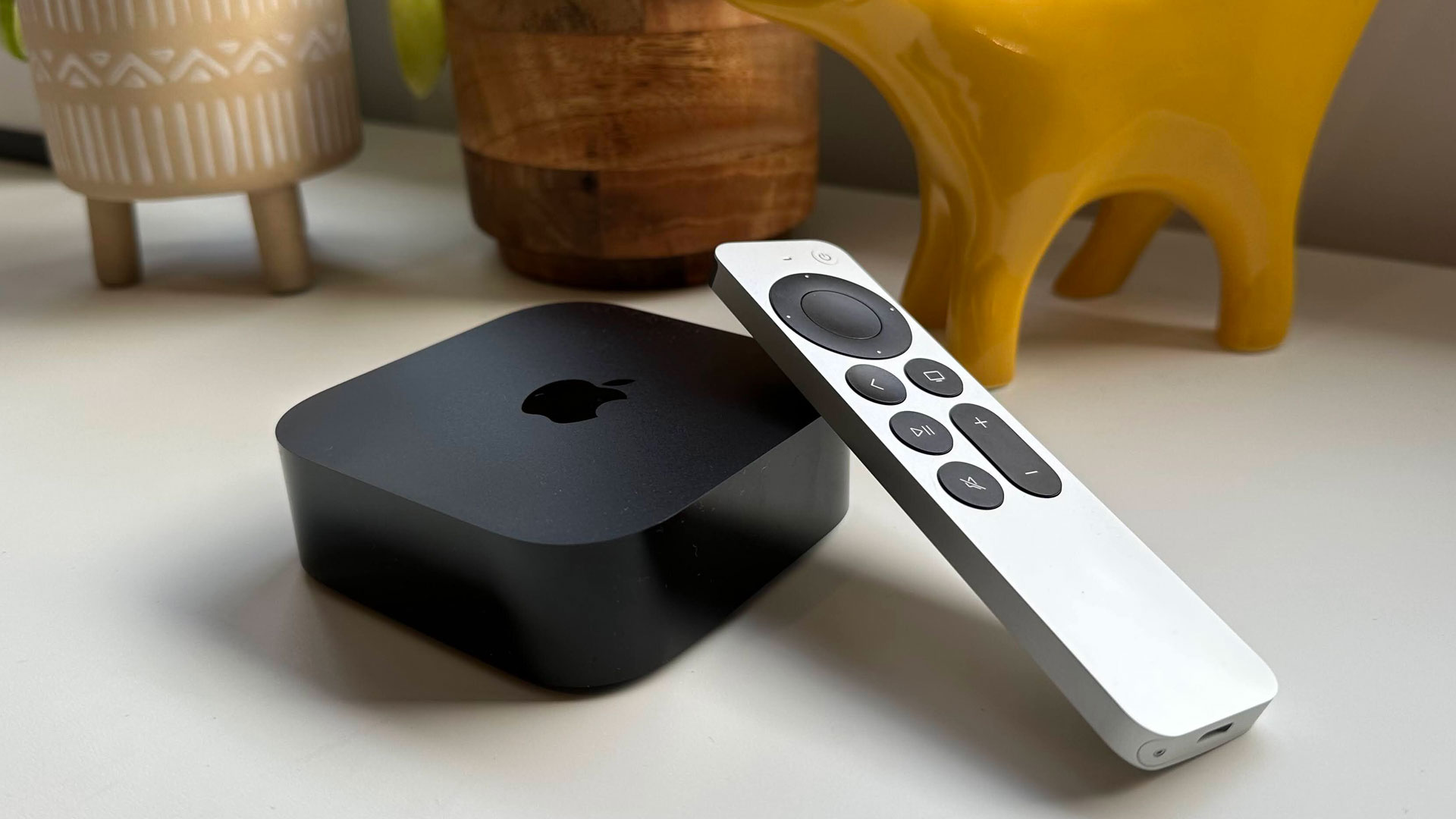
iMore offers spot-on advice and guidance from our team of experts, with decades of Apple device experience to lean on. Learn more with iMore!
You are now subscribed
Your newsletter sign-up was successful
The Apple TV holds a unique place in the Apple ecosystem as the least upgradeable product. Once someone has bought an Apple TV 4K, for instance, there's little reason to be filled with an urge to get a newer model.
Think about it. While it’s true the changes between, say, the best iPhone from year to year are smaller than in the past, noticeable differences do crop up with each cycle. That not only includes physical additions, like Dynamic Island, ProMotion, or the Action button, but also exciting new software features, as seen in iOS 17.
Even when you compare the Apple TV to something like AirPods, you’re likely to see a usability difference when upgrading Apple’s headphones because of the improvement in the headphones’ battery life, or noise cancelling algorithm. All that Apple TV has been able to boast in recent years is processor improvements — and that's only really going to benefit the small number of regular gamers using the device.
It doesn’t have to be like this though. The Apple TV could be a must-buy product for everyone — and I have an idea of how that could happen, just by taking some simple inspiration from the iPad line-up.
Before that though, let’s find out how the hardware got into this situation.
A short history of the Apple TV
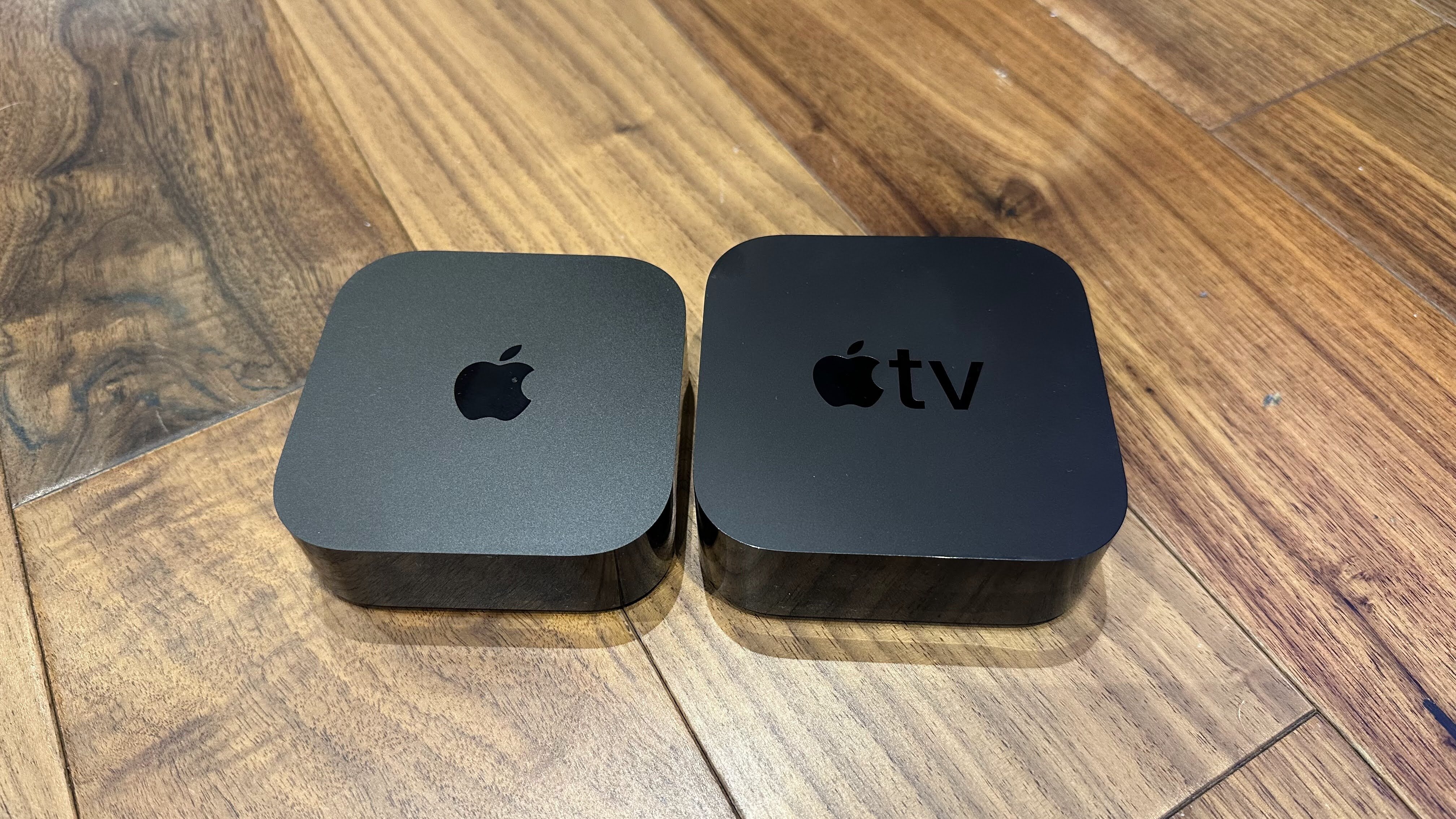
The Apple TV is a slight outlier in the company’s product range, as there have only been seven generations over about 17 years.
In its recent iterations, there was a giant leap between the 2015 HD model and the first 4K machine in 2017, but this stalled in the following versions in 2021. The 2022 version was an improvement thanks to its chip improvements and gaming capabilities — but it was the sort of upgrade that wouldn't hugely benefit its core TV streaming audience.
iMore offers spot-on advice and guidance from our team of experts, with decades of Apple device experience to lean on. Learn more with iMore!
Yes, there was an updated Siri remote, new chips, and support for HDR10+, but the difference between the second and third-generation 4K versions of the Apple TV was minimal at best.
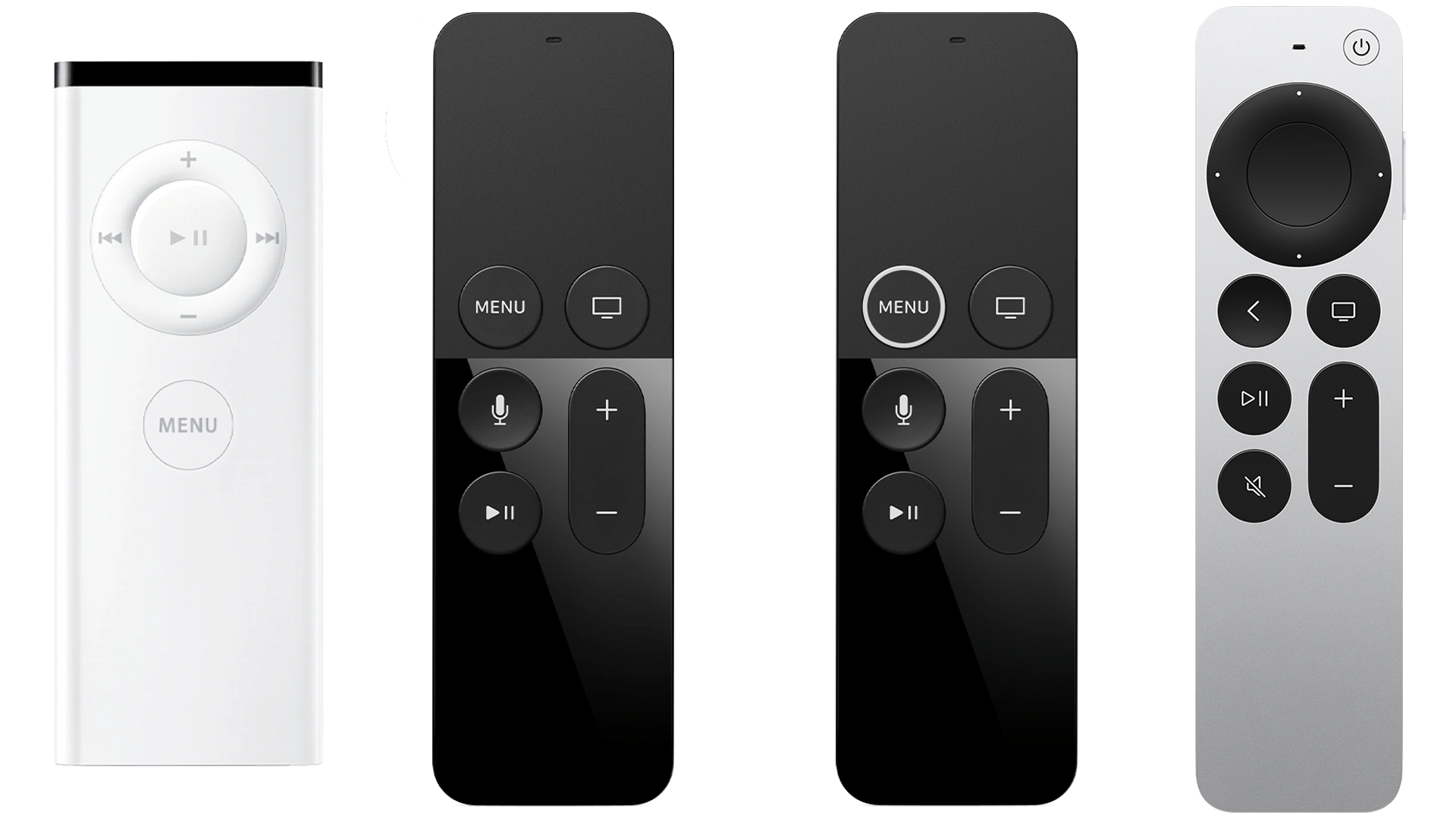
This isn’t an attack on Apple per se. After all, it’s tough to innovate when the device’s main function — streaming TV and movies — is something it’s done exemplarily for eons.
Where I fail to see wisdom though is the fact it’s rumored that the next Apple TV will be released in 2024 and it’ll be broadly the same as the 2022 model.
This feels like a mistake. Thankfully though, I have some ideas.
How should Apple approach the Apple TV?
The Apple TV is a good device and what I’m going to suggest isn’t revolutionary. In some ways it’s quite the opposite.
To me, Apple should apply the same principles it uses on other products, like its iPad line-up, to the Apple TV. It should scrap the idea of it being a single device and split in twain: the Apple TV Air and the Apple TV Pro, similar to how we already have an iPad Air and iPad Pro.
Let’s begin with the former.
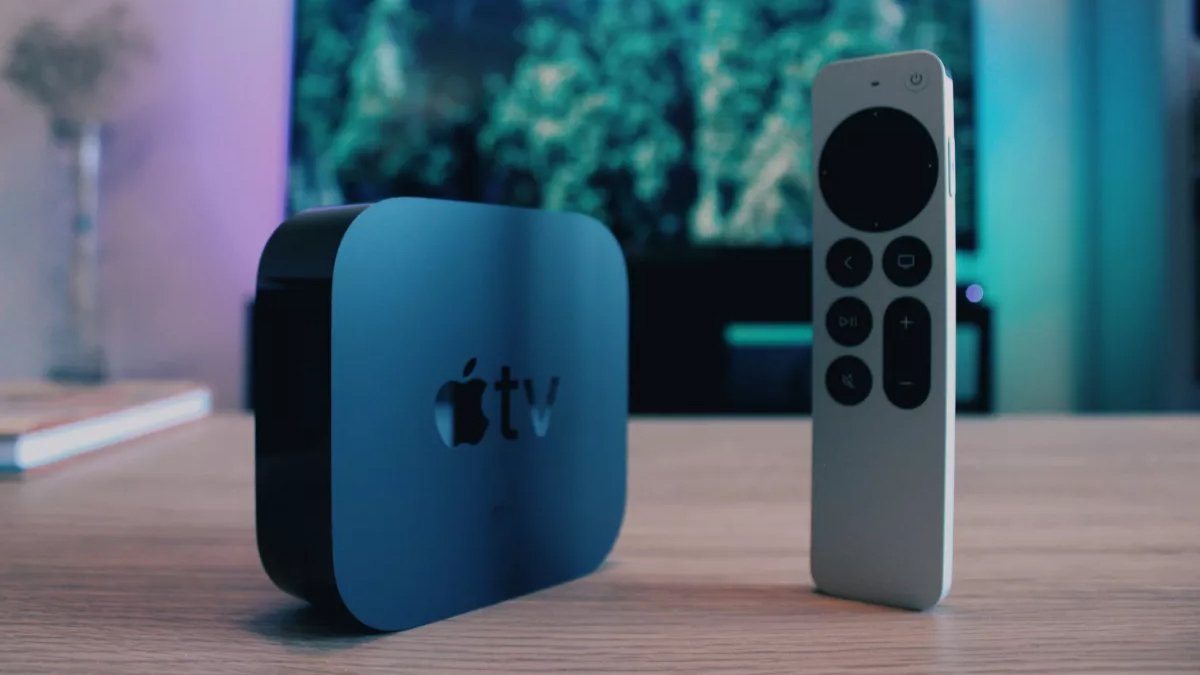
The Apple TV Air
Here’s my pitch: the Apple TV Air should be an entry-level device. It should be financially attainable and a serious challenger to similar streaming hardware.
Just consider the fact you can get a Chromecast HD for $29.99 and a 4K version for $49.99. For further context, the 4K Amazon Fire Stick goes for $49.99 too.
But the cheapest new Apple TV? That starts at $129.99.
I understand Apple’s business model rests in offering a premium service at premium prices, but this current setup isn’t just a little more expensive than competitors, it’s over double the price. Effectively, it’s a different market segment altogether.
The Apple TV Air would be a no-frills replacement. It could be powered by an older A-series chip, have reduced capabilities (such as no Siri support), and retail for a lower price, maybe something closer to $60 or $70.
This could help pull people further into Apple’s ecosystem, drive up visibility and recognition of the product category and the associated Apple TV Plus service, and provide a direct competitor to the Chromecast and Fire Stick, all while still being positioned as a more premium device than either.
It’d sell like hot cakes, and send viewer numbers for the best Apple TV Plus shows and best Apple TV Plus movies through the roof.
The Apple TV Pro
While the Apple TV Air is something I’d have a passing interest in (maybe to use in the office or on a secondary display), I’d by most hyped about what I'm calling the Apple TV Pro.
To put it simply, I think this should be Apple’s version of a games console.
Yes, it’d be jam-packed with as much innovative TV technology as possible (8K output, Dolby Vision and HDR10+, the latest upscaling advances, and so forth), but a big selling point would be its position as a solid gaming machine.
It wouldn’t aim to compete directly with Nintendo, PlayStation, or Microsoft, instead it could be used to carve an Apple-sized niche in the sector.
The Apple TV Pro should be equipped with an M-series chip, meaning it could support the same games available on Apple computers.
This would work in two interesting ways. The first would be to take advantage of Apple’s ecosystem. Imagine playing a game on your MacBook in the office, then coming into the lounge and it immediately booting up on the TV.
The second focuses more on gaming. If tens of millions of Apple TV Pros are sold, it suddenly becomes attractive to developers — especially if the same version would work flawlessly on the company’s computers too. This could usher in an environment where Apple becomes a relevant player in the gaming market.
Lord, I want an Apple TV Pro.
The Apple TV dream
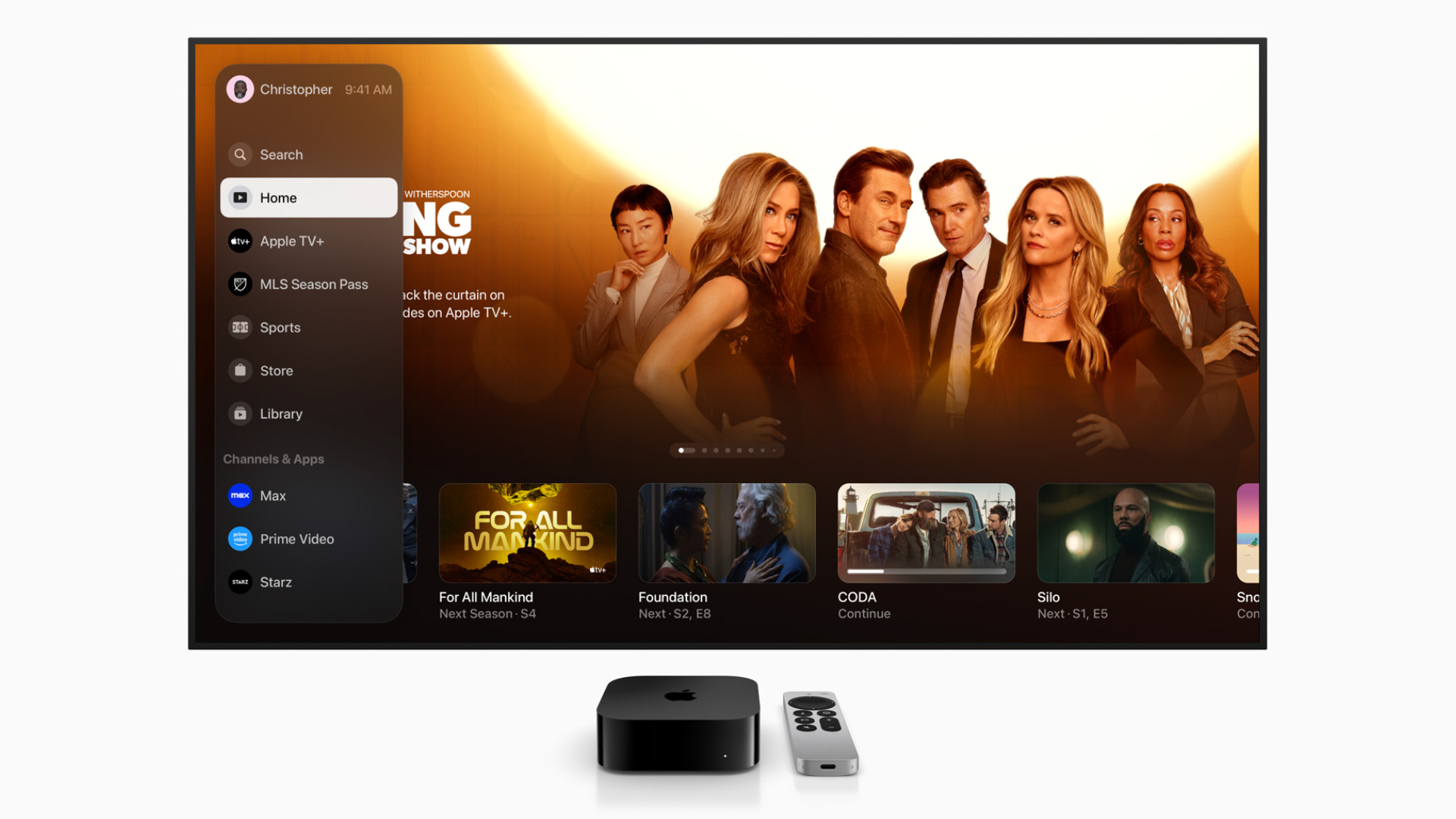
I’ve been an Apple TV devotee for years. When the hardware was first released, it felt magical, but in recent years the media streamer has been overshadowed by its competitors.
But this doesn’t need to be the case. As we’ve seen, the Apple TV could be an industry leader and definer.
Unfortunately, though, we’re probably going to see something very similar to before release in 2024. It’s nice to dream though.

Callum Booth is a journalist with over a decade of experience. Previously, he was the Managing Editor of The Next Web, an Amsterdam-based global tech news site owned by the Financial Times. Callum's reporting has been cited widely, including in VICE, the FT, and the BBC.
While working as a freelancer, his writing has appeared in The Verge, The Daily Telegraph, Time Out, and many more.
Outside of work, Callum’s an avid bookworm, a Fisherman's Friends addict, and resolutely unshaven. Follow him on Twitter/X @CallumBooth or visit www.callumbooth.net.
